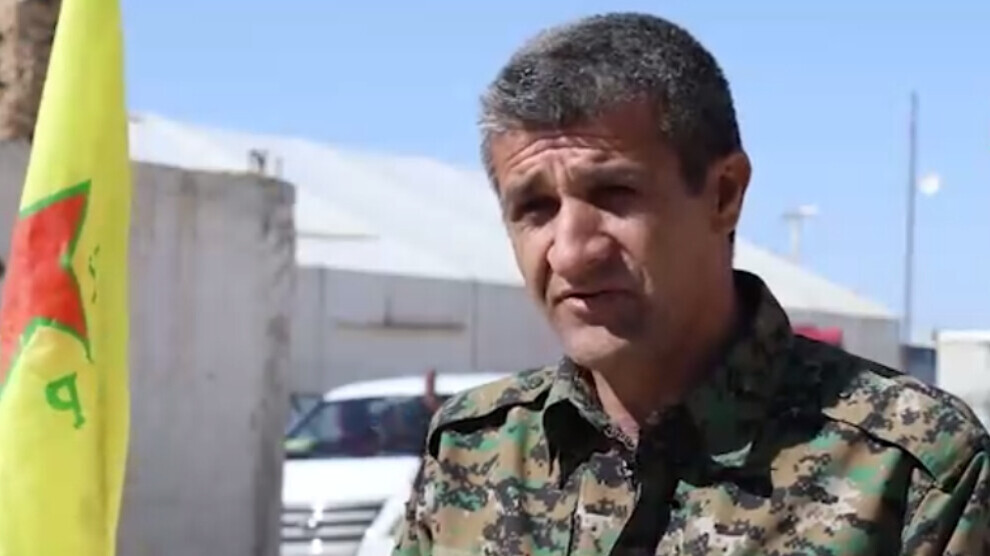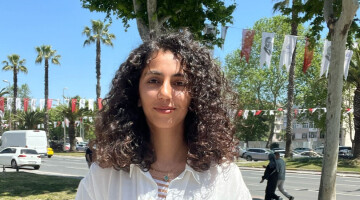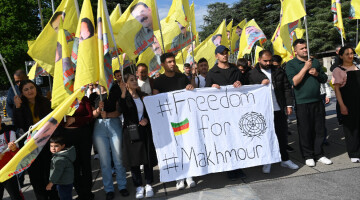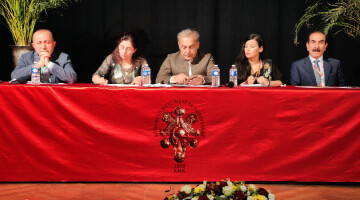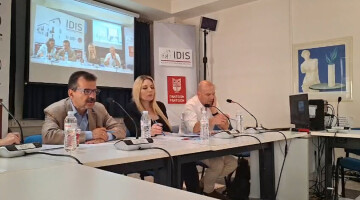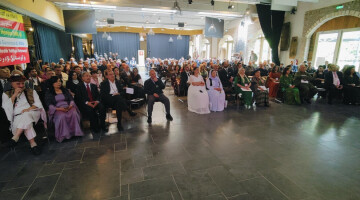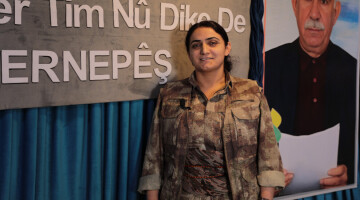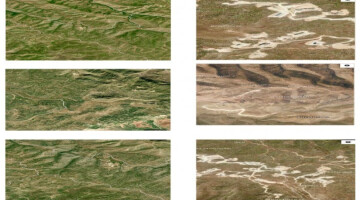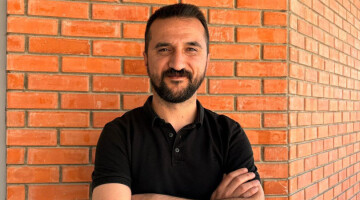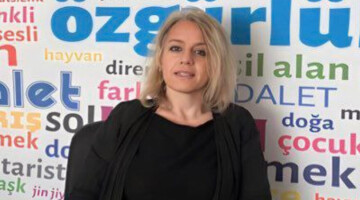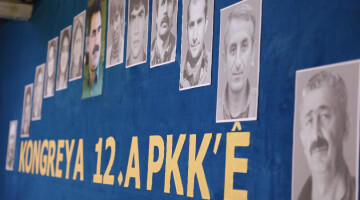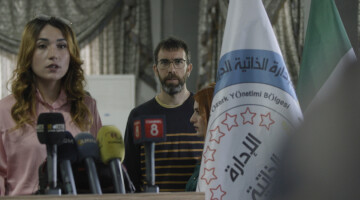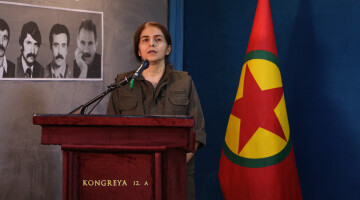The North and East Syria internal security forces launched an operation against the Islamic State cells in Hol Camp, east of Hesekê on Sunday. The operation is supported by the SDF the YPG and the YPJ. In this ANF interview, YPG spokesman Nuri Mehmud talked about the context and aims of the operation as well as of the expected results.
On 23 March 2019, the territorial rule of the Islamic State was smashed, two years later another operation takes place, this time in Hol Camp. What is it about?
Hol Camp has been on the news for a long time. Most of the ISIS families from Baghouz and Hajin live there. The ISIS mentality continues to exist here. There are clandestine ISIS cells in the camp. A large part of the people in the camp are children who are at risk of been influenced by ISIS. If left unchecked, there is a risk that a new generation of terrorists will grow up here. The operation is directed against the terrorist activities in the camp. ISIS members set up their own courts of justice, which is extremely dangerous for the population in the camp. There is a risk that terror will spread out of the camp. 47 people have been murdered since the beginning of the year. The operation we launched is directed against this potential risk. At the same time, it is intended to break the influence of ISIS on the people in the camp. Essentially, it is about protecting people from the ISIS mentality. That is our goal.
What results are expected and to what extent do the YPG participate in them?
According to information available to us and the internal security forces, there are many dangerous people in the camp. That is why the security forces launched this operation, which is supported by the SDF, YPG and YPJ. The internal security forces are carrying out the operation in the camp. Should it be necessary, our forces will intervene to help. The whereabouts of the terrorists in the camp were established on the basis of the information received. We strive to free people and especially children from their influence. We are trying to complete the operation within two weeks.
Hol is not only a camp for refugees, but also a detention camp for ISIS members. It has long been said that the camp represents a great danger to the region. However, no permanent solution has been found yet. Who is responsible for this and what needs to be done to actually find a solution?
Hol Camp is not a prison. International organizations and journalists come to visit it. There must be an international legal system for the camp. A large part of the population in the camp does not come from Syria, but from abroad. In terms of international law, their situation is unclear and many of them continue to follow dangerous ideas. Serious security precautions are in place. The Autonomous Administration takes care of the camp according to its own possibilities. This is a heavy burden for the Autonomous Administration and the security forces.
The world community does not take its responsibility; the all burden is on us. Many people in the camp suffer from psychological distress and phobias, some actually believe that anyone who disagrees with them must die. A great deal of strength is required to avert this danger. That cannot be left to the Autonomous Administration, the SDF, the YPG or the YPJ alone. The world community must find a solution for this. That has not happened so far.
It is said that the operation is also supported by the International Coalition against ISIS. Will the operation lead to a development regarding a court of law against ISIS members?
The fight against ISIS has been going on for a long time. During this time, terrorists from dozens of different countries have been arrested. They have committed crimes not only in northern and eastern Syria, but all over the world. The states of the world have so far taken no any responsibility for a legal conviction of these persons. The burden is simply left to the administration of northern and eastern Syria. We are taking the current operation as an opportunity to call once again for these people to be brought to justice in accordance with international law.

